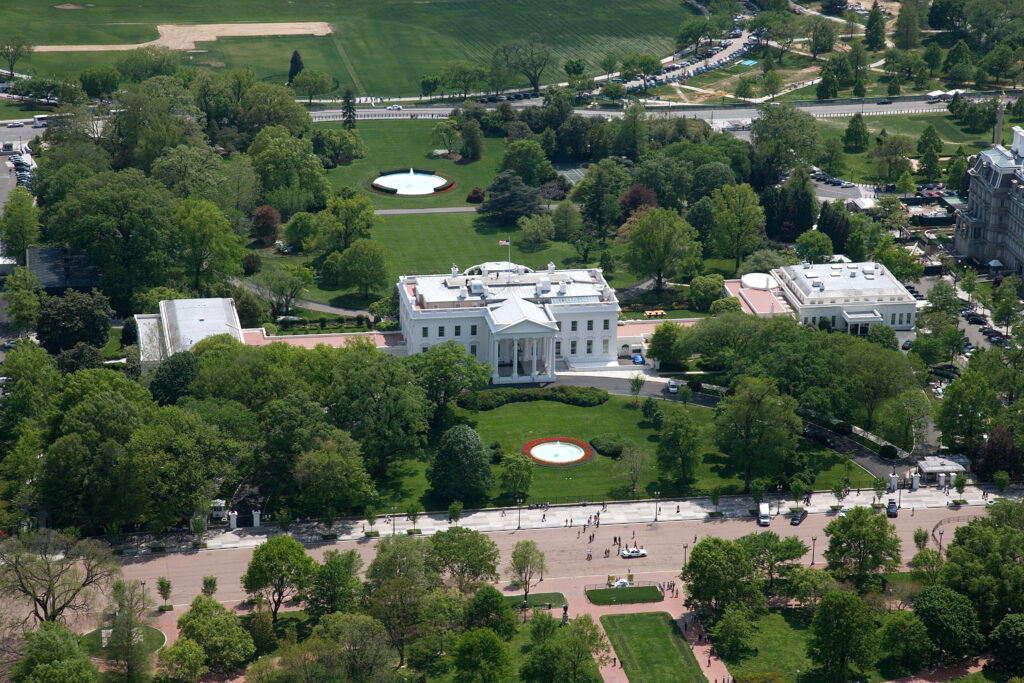US fight over HFC use rumbles on
- PostedPublished 1 December 2018
California has voted to pass a new act that will reduce the use of “super-polluting” HFCs in an effort to cut global warming.
The announcement of the new California Cooling Act comes as a great relief to many. Recently, the Trump administration has begun unwinding Environmental Protection Agency (EPA) legislation that aimed to cut the use of HFCs in refrigeration and industrial applications – a move that will significantly set back existing US efforts to reduce HFC emissions.
California’s new bill, which was introduced by Senator Ricardo Lara, encourages the use of less harmful refrigerants and replaces the EPA rules that are due to be rescinded. The hope is to ensure that California meets the previously established target of reducing HFC emissions to 40 per cent below 2013 levels by 2030. In doing so, the bill should prevent some 17 million tonnes of annual CO2-equivalent emissions by 2030.
The introduction of the bill also enables the Californian Air Resources Board (CARB) to incentivise alternatives to HFCs, which should serve to motivate businesses to seek more environmentally friendly alternatives.
Several have already indicated support for the new scheme, including Honeywell, LG and Bosch – and other organisations have further backed the move, such as the National Resources Defence Council (NRDC).
The bill has been welcomed by the Washington-based Environmental Investigation Agency (EIA), which works to identify and resolve global environmental issues. “With the passage of the Cooling Act, California has established a comprehensive backstop for federal regulations on HFCs that were recently vacated,” said Avipsa Mahapatra, EIA’s climate campaign lead. “Internationally, it will help the U.S. stay on track to meet its global climate commitments, including under the Montreal Protocol’s Kigali Amendment to phase down HFCs globally.”
Other US states have since announced their plans to follow in California’s footsteps. Two weeks after California revealed its new bill, New York decided to adopt the same regulations and begin phasing out HFCs in 2020.
New York’s governor, Andrew Cuomo, isn’t simply laying down the law, but also offering support for businesses that use HFCs and other refrigerants. State funding to the tune of $12.4 million has been made available for the state’s municipalities; the money will be used to source alternatives to HFC, refit or retrofit refrigeration units, cut leakages and promote detection and repair schemes.

Numerous members in the United States Climate Alliance, including Maryland, Connecticut, Hawaii, New Jersey and Washington, have also announced their intent to adopt rules similar to that of California – marking a significant commitment to helping protect the climate.
It is not only government organisations that have shown interest in committing to reducing their emissions; numerous businesses, many of which were disappointed by the rollback of previous HFC reduction initiatives, have thrown their weight behind the new legislation – stating their support for “pragmatic, predictable and cost-effective measures” to meet the reduction targets.
A letter to the CARB, co-signed by companies such as Chemours, Honeywell and Carrier, detailed their thoughts on the proposals and suggested several policies – including enforcement and “strong disincentives” for those not complying with the HFC measures.
Chemours and Honeywell, along with the US National Resources Defence Council (NRDC) were among those who originally appealed against the overturning of EPA rulings earlier this year. The US Supreme Court, however, has since decided to not review the appeal in a move that could further drive irreversible climate change.
Aside from the obvious potential environmental drawbacks, changes to EPA regulations could result in any individual being able to buy HFCs. They would subsequently be available over the counter or online and, as a result, the likelihood of leaks and accidental venting would rise.
Howard Weiss, executive vice president of the HVAC training organisation ESCO, called for the industry to voice its opinion on the matter in an effort to avoid such a change to the regulation.
The Trump administration has also suggested that it might consider revoking California’s capability to regulate its own stringent air standards.
The process, in which the Clean Air Act would be annulled, would freeze economy and emission regulations from 2020 on – presumably in an effort to alleviate pressure on SUV and truck-producing automakers.
This would mark a distinct departure from the Obama administration, under which average fuel economy targets would have doubled by 2025.
Such a move would not only threaten the global environment but also potentially make American manufacturers less inclined to develop cleaner, more efficient vehicles.
- CategoriesIn SightGlass
- TagsHFC phase down, HFC phasedown, HFCs, SightGlass News Issue 15, United States EPA

